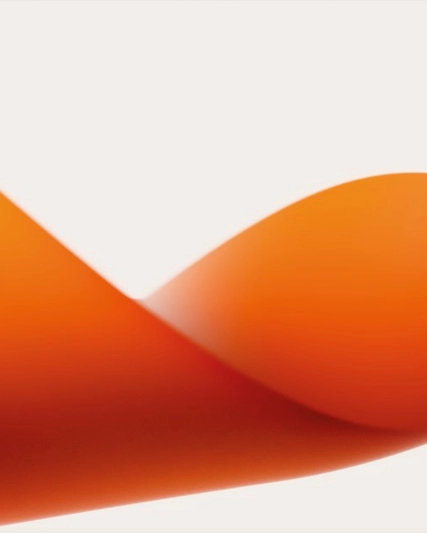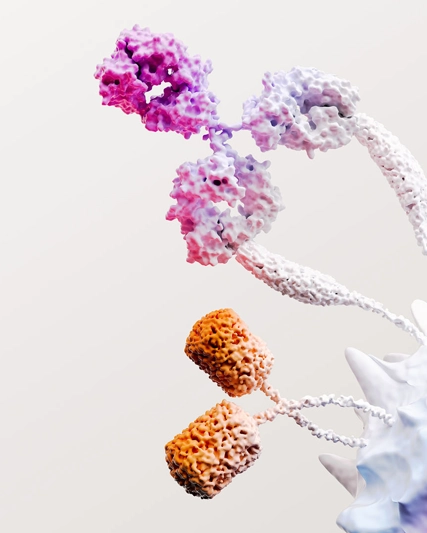Japan’s Ministry of Health, Labour and Welfare accepts Shingrix regulatory submission to prevent shingles in at-risk adults aged 18 years and older
For media and investors only
Issued: London UK
- Regulatory submission aims to expand the number of people who can be protected against shingles, including those with immunodeficiency or immunosuppression
- Shingrix is already approved in Japan for adults aged 50 years and above
GSK plc (LSE/NYSE: GSK) today announced the submission of a regulatory application to the Japanese Ministry of Health, Labour and Welfare (MHLW) for Shingrix (Zoster Vaccine Recombinant, Adjuvanted) for the prevention of shingles (herpes zoster) in adults aged 18 years and older who are at increased risk. This includes individuals with immunodeficiency or immunosuppression caused by known disease or therapy. Immunocompromised individuals are at greater risk of shingles and associated complications than immunocompetent individuals.[i]
Shingrix, a non-live, recombinant sub-unit adjuvanted vaccine given intramuscularly in two doses, was initially approved in 2018 by the Japanese MHLW to prevent shingles in adults aged 50 years or older.
The MHLW regulatory submission is based on six clinical trials in patients aged 18 years and older who had undergone recent blood-forming cells (stem cell) transplantation, kidney transplant, or have blood cancer, solid tumour or HIV.[ii],[iii],[iv],[v],[vi]
In Japan, adults aged 18 years and older who are immunocompromised or have chronic medical conditions have a higher incidence of shingles, including a higher risk of developing associated complications such as post-herpetic neuralgia (PHN), a severe intermittent or continuous long-term nerve pain that occurs in areas of skin previously affected by shingles. In a retrospective cohort study using data from Japanese adults aged 18 years and older, the risk of shingles was higher in women, irrespective of age and increased with age.[vii]
About Shingles
Shingles, also known as herpes zoster, is caused by a reactivation of the varicella-zoster virus (VZV) – the same virus that causes chickenpox – which lays dormant in the body after the initial infection. Natural age-related decline of the immune system can allow VZV to resurface, causing shingles. People with a suppressed or compromised immune system are also at increased risk of developing shingles.i Globally, over 90% of adults aged 50 years and older are infected with VZV and are at risk of developing shingles.[viii] Approximately 600,000 new cases of shingles are reported in Japan each year.[ix]
About Shingrix
Shingrix is a non-live, recombinant sub-unit vaccine approved by the Japanese MHLW on 23 March 2018 to prevent shingles in adults 50 years and older.
It combines an antigen, glycoprotein E, and an adjuvant system, AS01B, to generate a VZV-specific immune response that can help overcome the decline in VZV immunity as people age. The recombinant shingles vaccine is not indicated to prevent primary varicella infection (chickenpox).
In adults 50 years and older, the vaccine is intended to be administered in two doses, two to six months apart. However, for adults 18 years and older who are immunodeficient, immunosuppressed or likely to become immunosuppressed due to known disease or therapy and who would benefit from a shorter vaccination schedule, the second dose can be administered one to two months after the first dose in countries where the indication for this population has been approved.
The European Commission and the United Kingdom approved Shingrix on 25 August 2020 to prevent shingles and PHN in adults aged 18 or older at increased risk of shingles. On 26 July 2021, the US Food and Drug Administration approved the vaccine to prevent shingles in adults aged 18 years or older at increased risk of shingles due to immunodeficiency or immunosuppression caused by known disease or therapy. The extended indication for preventing shingles and PHN in adults aged 18 years or older at increased risk of developing shingles has also recently been approved in Australia.
Shingrix is also recommended in the US by the US Centers for Disease Control and Prevention’s Advisory Committee on Immunization Practices as the preferred vaccine for the prevention of shingles and related complications for immunocompetent adults aged 50 years and older.[x]
About GSK
GSK is a science-led global healthcare company. For further information, please visit www.gsk.com/about-us.
Cautionary statement regarding forward-looking statements
GSK cautions investors that any forward-looking statements or projections made by GSK, including those made in this announcement, are subject to risks and uncertainties that may cause actual results to differ materially from those projected. Such factors include, but are not limited to, those described in the Company's Annual Report on Form 20-F for 2021, GSK’s Q1 Results for 2022 and any impacts of the COVID-19 pandemic.
References
[i] Mueller, NH et al. Varicella Zoster Virus Infection: Clinical Features, Molecular Pathogenesis of Disease and Latency. Neurologic Clinics, 2008; 26;675-697.
[ii] Bastidas A, et al. JAMA 2019;132:123–133.
[iii] Berkowitz EM, et al. J Infect Dis 2015;211:1279–1287.
[iv] Vink P, et al. Cancer 2019;125:1301–1312.
[v] Dagnew AF, et al. Lancet Infect Dis 2019;19:988–1000.
[vi] Stadtmauer E, et al. Blood. 2014;124(19):2921-2929
[vii] Imafuku S et al. Risk of herpes zoster in the Japanese population with immunocompromising and chronic disease conditions: Results from a claims database cohort study, from 2005 to 2014. Journal of Dermatology. 2020. ; 47: 236–244.
[viii] Bricout H et al. “Herpes zoster-associated mortality in Europe: a systematic review.” BMC Public Health 15:466 (2015). Available at: https://doi.org/10.1186/s12889-015-1753-y Last accessed: June 2022.
[ix] Gnann et al. Clinical practice. Herpes zoster. N Eng J Med. 2002;347(5):340-6
[x] Dooling KL et al. Recommendations of the Advisory Committee on Immunization Practices for Use of Herpes Zoster Vaccines. CDC. 2018. 67(3);103–108.


